
As housing prices on Oʻahu hit record highs, families grapple with rising rents
“We as a community just need to make a decision that anybody that’s working 40 hours a week needs to be able to afford housing.”

Working class tax credit still alive
After taking a long, winding path through the Legislature, a bill making the Earned Income Tax Credit permanent and refundable has made it through both the House and the Senate, though disagreements over amendments mean that the bill will now go before a conference committee.

Editorial: Hope on horizon for more housing
Might this be the year that Hawaiʻi truly moves forward in providing affordable housing to its residents? With as much as $1 billion in overall funding for housing under discussion as the state legislature reaches its home stretch, it’s possible.
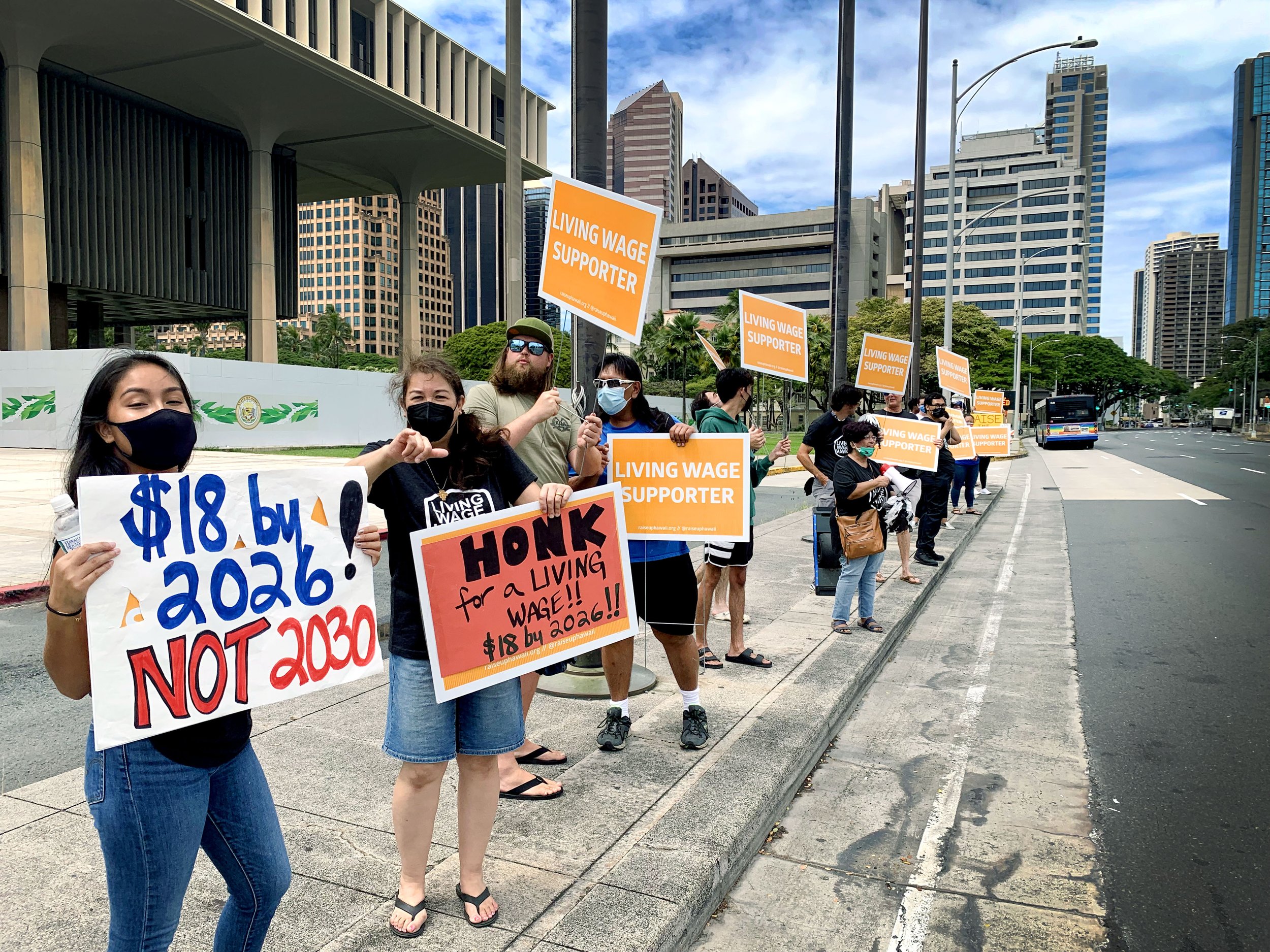
Senate, House clash over Hawaiʻi minimum wage bills
The vast majority of those who testified at Monday’s LCA meeting favored the 2026 date for the increase, with 113 testifying in support of the 2026 date and 11 individuals testifying in support of the 2028 date.
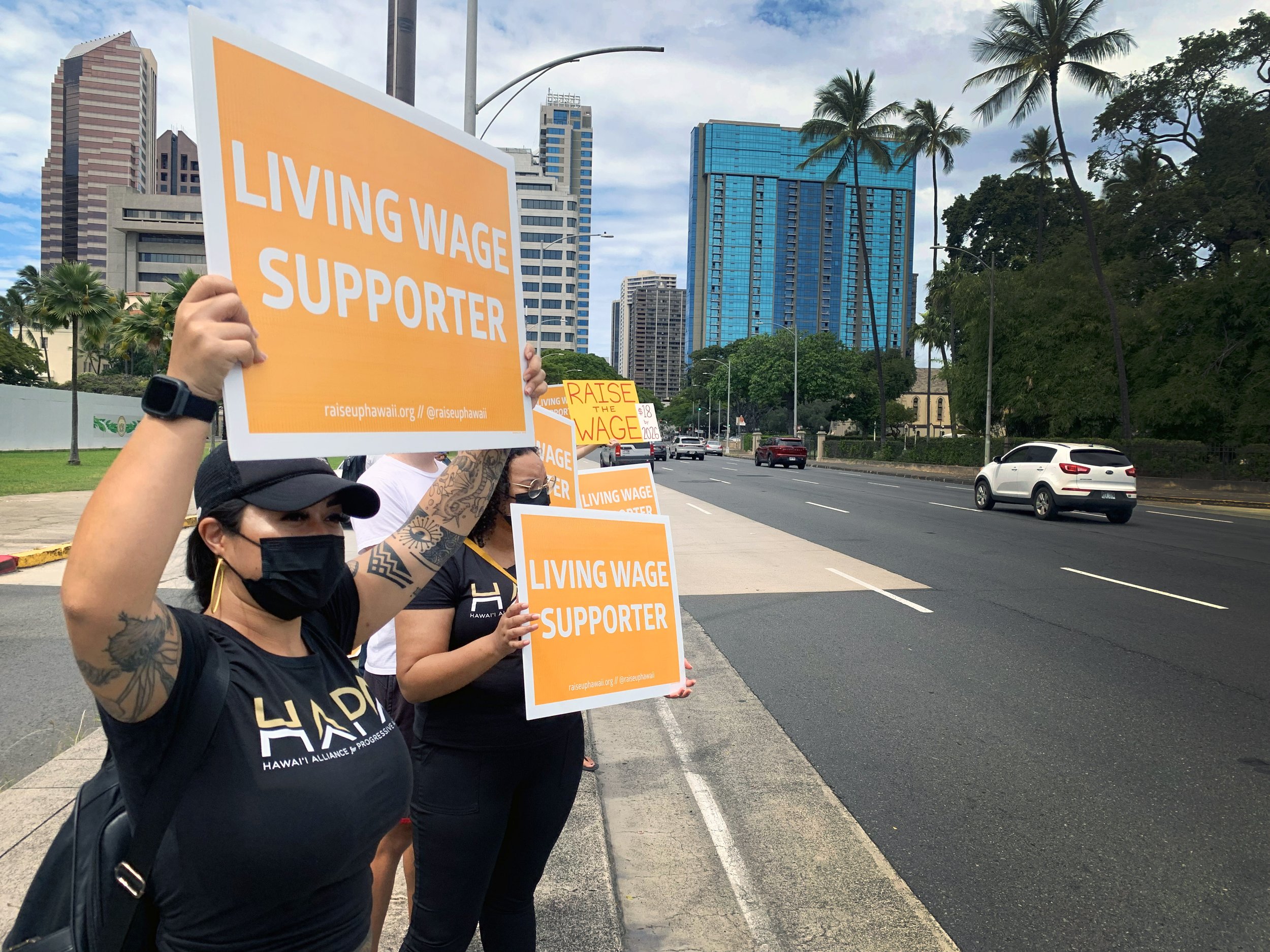
Hawaiʻi lawmakers tussle over one minimum wage bill
A clash of wills and philosophies among state lawmakers over how to raise Hawaiʻi’s minimum wage now appears centered on one bill at the legislature instead of two.

Fighting for a living wage in Hawaiʻi
Workers in Hawaiʻi are rallying at their State Capitol to raise the state’s minimum wage for the first time since 2018. The "What A Day" podcast discusses how workers are being affected by low wages in the highest cost-of-living state in the nation.

Wage measures still alive
A bill in the state House of Representatives that would increase the minimum wage cleared a committee hurdle Tuesday.

Hawaiʻi minimum wage bill advances despite criticisms
Worker advocates called for a faster increase to $18 an hour consistent with a bill passed in January by the full Senate in a 24–1 vote.

State tax bill could have major impact on Kauaʻi
A bill in the state legislature could potentially mean more money in the pockets of working families on Kauaʻi.

An $18 minimum wage won’t raise prices dramatically
But a living wage increase will go a long way toward providing financial stability for many in Hawaiʻi.

Legislators consider extending income tax credit for struggling families
Every dollar a tax filer gets from the EITC generates another $1.24 in economic activity. This type of tax refund can act as an economic stimulus for the state.

As bill to raise minimum wage to $18 moves forward, some say hike could hurt businesses
According to a report by the National Low Income Housing Coalition, a minimum wage worker in Hawaiʻi would have to work 114 hours just to afford an apartment.
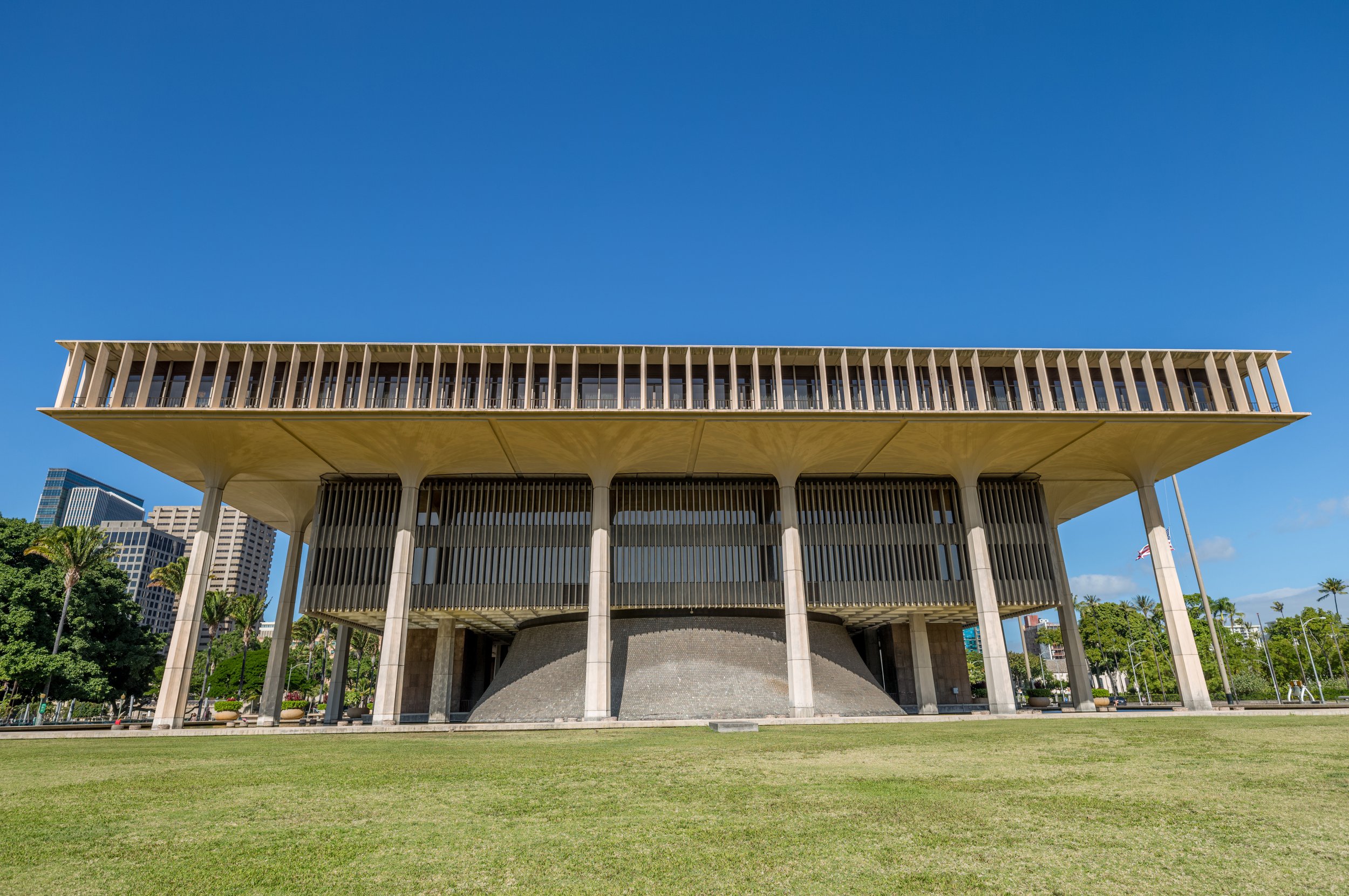
Hawaiʻi legislature 2022: smart spending could help big problems
The legislature has money available for almost any policy initiative imaginable, and every member of the house and senate is up for reelection.

Hawaiʻi schools are buying less local food during the pandemic
Despite new legislation requiring public schools to serve student meals with more local ingredients, advocates say they are frustrated by a regression in local food initiatives.
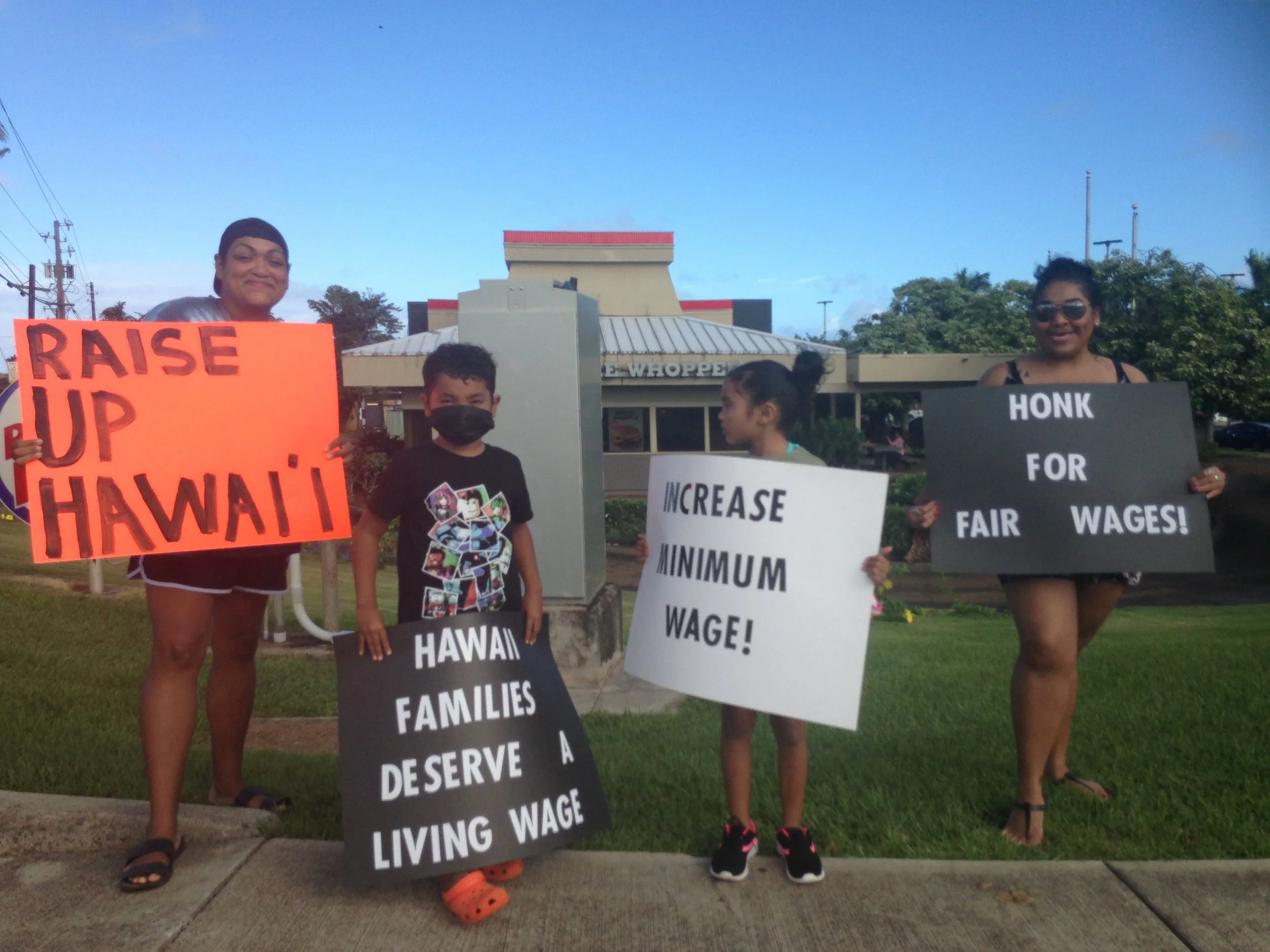
Raise Up Hawaiʻi demands higher minimum wage
An increased minimum wage would not only put food on families’ tables but put money in their pockets for spending at local businesses.
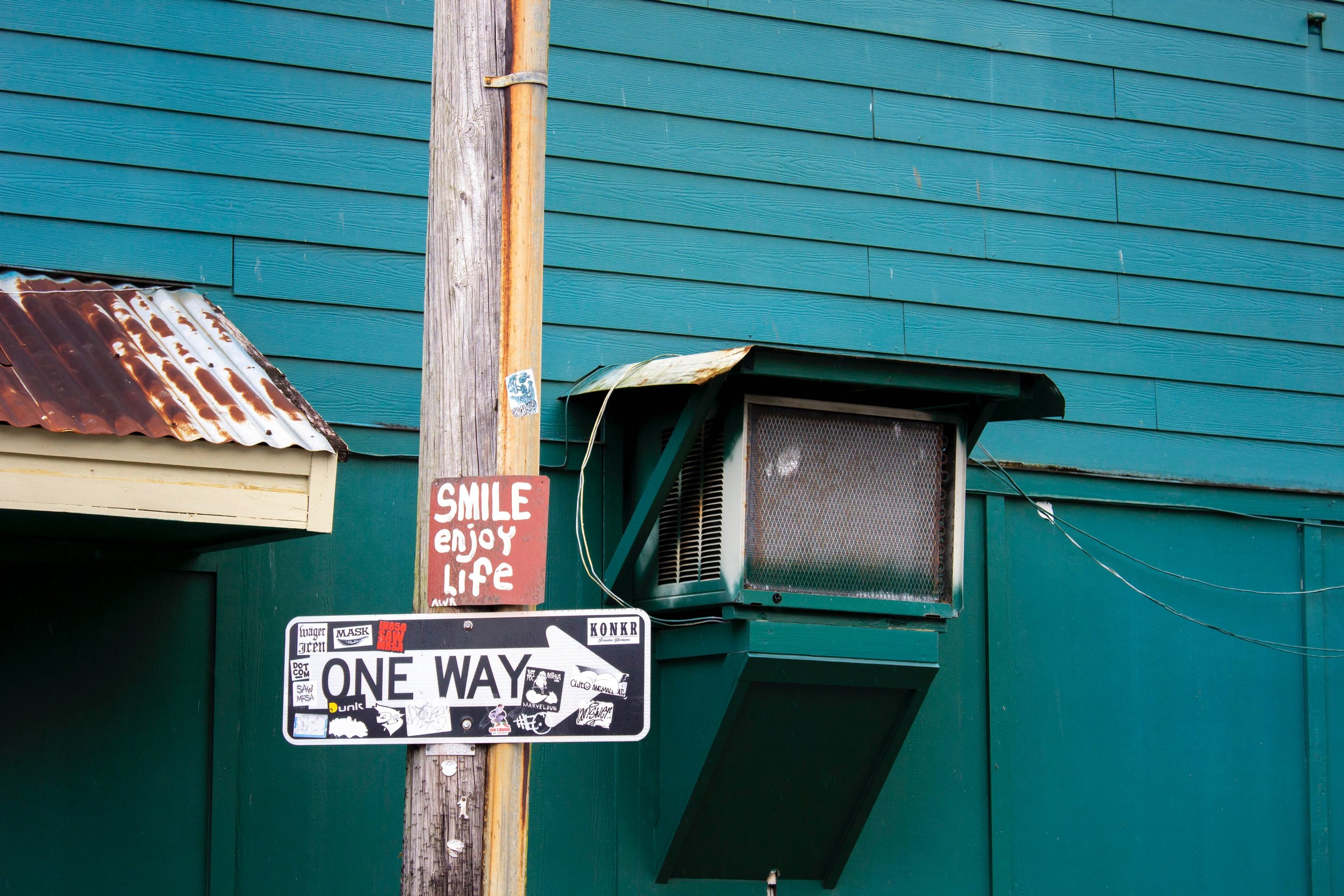
Aloha Friday Conversation: Seizing affordable housing opportunities in Hawaiʻi
This episode of "The Conversation" is packed with discussions about Hawaiʻi's housing and homelessness crisis and policy solutions advocates are working to implement at the state and county level.

Fundraising campaign kicks off next week to help fight child hunger
An annual fundraising campaign kicks off next week to help fight child hunger and expand participation in free breakfast programs at public schools.

Invest in human infrastructure, not just roads and bridges
Reps. Ed Case and Kai Kahele have the opportunity to help Congress build back a more resilient and equitable economy.

Why are more people than ever receiving food stamps in Hawaiʻi?
A historically high enrollment in the food stamp program is part of a broader increase in the need for public services during the pandemic.

Rental assistance fell victim to politics, bureaucracy
Nationwide, state leaders set aside $2.6 billion to prop up struggling renters, but a year later more than 16 percent hasn’t made it to tenants or landlords.
